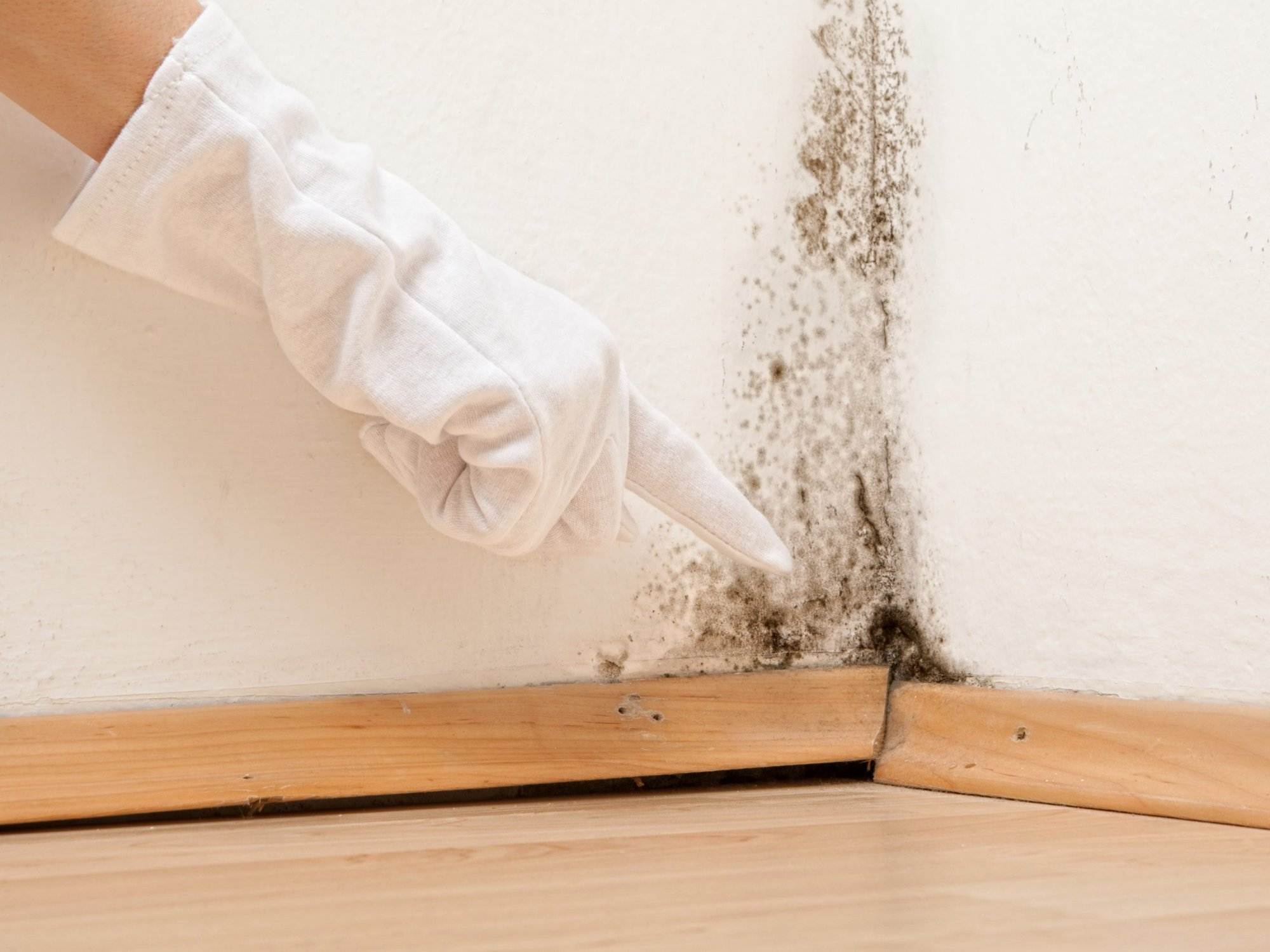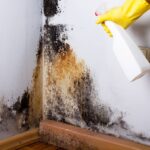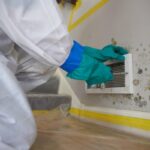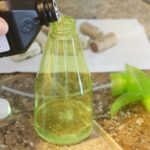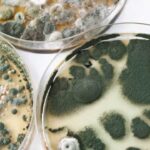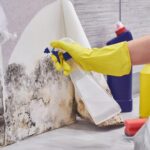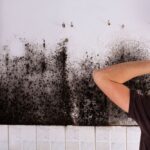As a homeowner, dealing with mold can be a nightmare. Not only can it be difficult to remove, but it can also cause health problems for you and your family. Unfortunately, many home insurance policies do not cover mold damage, leaving homeowners to foot the bill themselves. In this article, we’ll discuss what to do when your home insurance doesn’t cover mold damage.
Understanding Mold Damage and Insurance Coverage
What is mold damage?
Mold damage refers to damage caused by the growth of mold in your home. Mold thrives in moist environments and can grow on many surfaces, including walls, ceilings, and floors. Not only can mold damage your home’s structure, but it can also cause health problems such as respiratory issues and allergic reactions.
Does home insurance typically cover mold damage?
Unfortunately, home insurance policies typically do not cover mold damage. Most policies only cover sudden and accidental damage, not damage caused by gradual wear and tear or neglect.
Why do insurance policies exclude mold damage?
Insurance policies exclude mold damage because it is often caused by factors that are preventable or are the result of neglect. Additionally, mold can be difficult and expensive to remove, making it a high-risk item for insurance companies.
Steps to Take When Your Insurance Doesn’t Cover Mold Damage
Contact your insurance company
If you discover mold damage in your home, the first step is to contact your insurance company to determine what coverage, if any, you have. Even if your policy doesn’t cover mold damage, your insurance company may be able to offer some guidance on how to proceed.
Consider hiring a public adjuster
A public adjuster is a professional who can help you navigate the insurance claims process. They can assess the damage to your home and negotiate with your insurance company on your behalf to get you a fair settlement.
Look into government assistance programs
In some cases, government assistance programs may be available to help with mold remediation costs. Check with your local government to see what programs are available in your area.
Consult with an attorney
If you believe that your insurance company is acting in bad faith by denying your mold damage claim, you may want to consult with an attorney. They can advise you on your legal options and help you fight for the coverage you believe you are entitled to.
Preventing Mold Damage in the First Place
Regular home maintenance
Regular home maintenance is key to preventing mold damage. This includes keeping your home dry, fixing leaks promptly, and addressing any moisture issues.
Proper ventilation
Proper ventilation is also important in preventing mold growth. Make sure that your home has adequate ventilation in areas such as the bathroom and kitchen, and consider using a dehumidifier in areas that tend to be damp.
Addressing water damage promptly
If you experience any type of water damage in your home, such as a leak or flood, it’s important to address it promptly. This will help prevent mold growth from occurring.
Investing in mold-resistant products
Finally, consider investing in mold-resistant products when making home improvements. This can include mold-resistant dry
What to Do When Your Home Insurance Doesn’t Cover Mold Damage
Home insurance is an important investment for homeowners, as it provides financial protection against damages and losses that can occur in the home. However, not all types of damage are covered by home insurance policies, including mold damage in some cases. If you are facing mold damage in your home and your insurance policy doesn’t cover it, it can be a frustrating and stressful situation. In this article, we will discuss what you can do when your home insurance doesn’t cover mold damage.
Check Your Policy
The first step you should take is to review your home insurance policy to determine if mold damage is covered or not. Most policies have specific language about what is and isn’t covered, so it’s important to read through it carefully.
Some policies may exclude mold damage altogether, while others may have specific limits or exclusions. If you are unsure about the coverage of your policy, you can contact your insurance agent to ask questions and get clarification.
Determine the Cause of the Mold
Once you have confirmed that your policy doesn’t cover mold damage, the next step is to determine the cause of the mold growth. Mold can grow for a variety of reasons, including moisture buildup from leaks, floods, or high humidity.
Identifying the cause of the mold growth is important because it can help you prevent further damage in the future and determine if there are any liable parties responsible for the damage.
Get a Professional Assessment
If you are facing significant mold damage in your home, it’s important to get a professional assessment to determine the extent of the damage and what repairs need to be made. A professional mold inspector can identify the type of mold present and assess the damage, as well as provide recommendations for remediation and prevention. Keep in mind that mold can cause health problems, so it’s important to address the problem as soon as possible.
Consider Legal Action
If you believe that the mold growth in your home was caused by negligence or a covered event, you may want to consider taking legal action against the responsible party. This could include a contractor, landlord, or builder who failed to address the issue properly. An attorney can help you determine if you have a case and advise you on the best course of action.
Take Preventative Measures for the Future
While dealing with mold damage in your home can be a frustrating experience, it’s important to take preventative measures to avoid future damage. This may include regular inspections, repairs to any leaks or water damage, and investing in a dehumidifier to control moisture levels in your home. By taking preventative measures, you can reduce the risk of future mold growth and avoid the stress and costs associated with mold remediation.
Conclusion
Dealing with mold damage can be a frustrating and stressful experience, especially if your home insurance policy doesn’t cover the costs of remediation and repairs. However, by taking preventative measures and addressing mold growth promptly, you can minimize the risk of damage and protect your home and health.
If you do encounter mold damage and your insurance policy doesn’t cover it, don’t despair. There are still steps you can take to address the issue and protect your home, even if it requires additional time, effort, and resources.
FAQ
Can I sue my insurance company if they don’t cover mold damage?
While it is possible to take legal action against your insurance company, it can be a complex and time-consuming process. It’s important to carefully review your insurance policy and consult with an attorney before pursuing legal action.
How can I prevent mold growth in my home?
To prevent mold growth, keep your home well-ventilated and dry, fix any leaks or moisture issues promptly, and clean and dry any water-damaged areas within 24-48 hours.
Does renters insurance cover mold damage?
It depends on your policy. Some renters insurance policies may cover mold damage, while others may exclude it or offer it as an optional add-on. Review your policy carefully and contact your insurance provider for more information.
How do I choose a reputable mold remediation company?
When choosing a mold remediation company, look for a company with experience, proper licensing and certifications, and positive reviews from previous customers. You may also want to request references and check with your state or local government to ensure the company is in good standing.
Can mold damage affect my health?
Yes, exposure to mold can cause a variety of health problems, including respiratory issues, allergic reactions, and skin irritation. It’s important to address mold growth promptly to protect your health and prevent further damage to your home.
Is mold damage always excluded from home insurance policies?
No, it depends on the specific policy. Some policies may exclude mold damage altogether, while others may have specific limits or exclusions.
